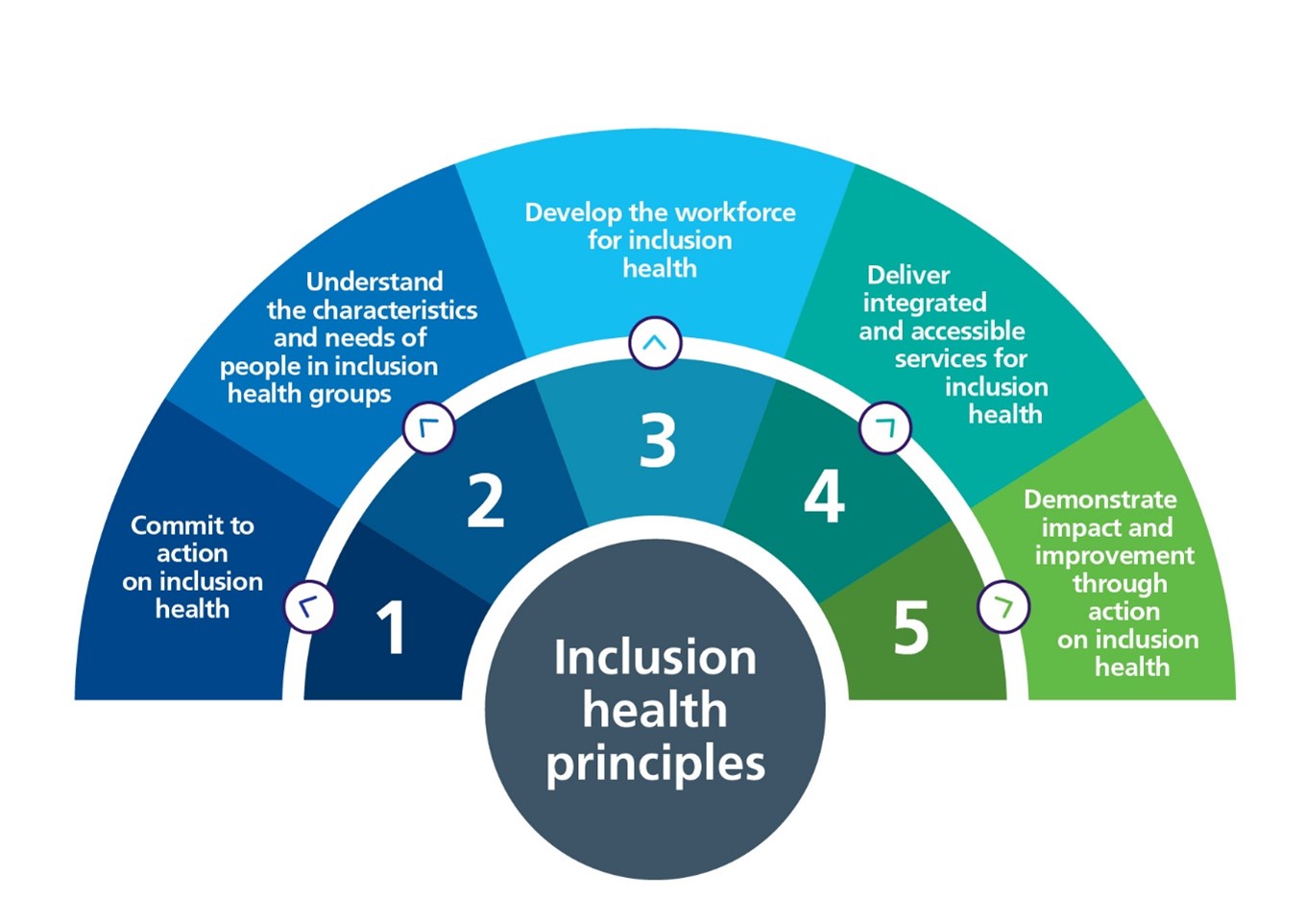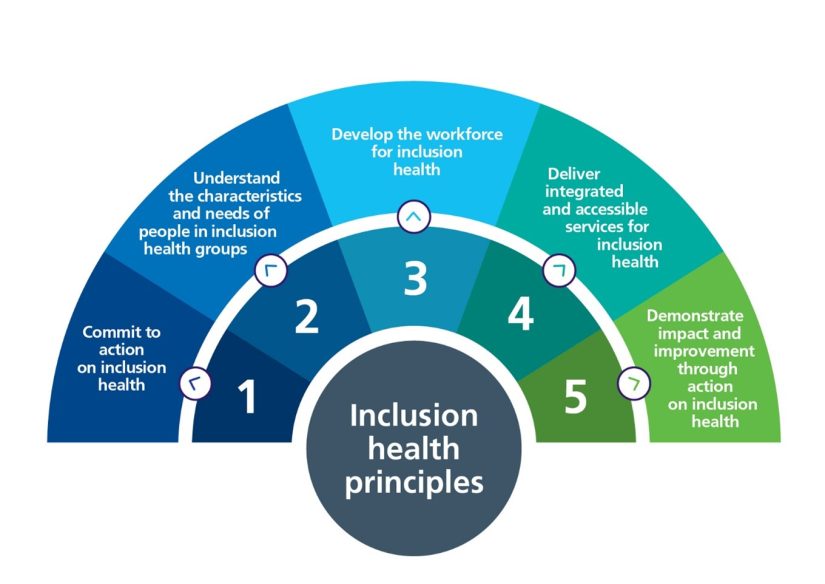
# Recognizing When to Say “Enough Is Enough” and Establish Healthy Boundaries
In the modern, hectic world, it is all too simple to fall into the pattern of frequently responding “yes” in a bid to do more, assist others, or avoid the fear of missing out. However, there comes a moment when overcommitting can lead to stress, fatigue, and eventually, burnout.
The essential aspect of maintaining equilibrium and safeguarding your wellness is understanding when to say no. This article will help you identify your limits, spot signs of being overwhelmed, and learn how to assertively decline.
## The Cost of Saying “Yes”
Each time you opt for “yes” in one area, you are inherently opting out of another. This fundamental fact is crucial for grasping time management and establishing personal limits.
Think about this: If you accept additional tasks at your job, are you compromising your family time? If you volunteer to assist a friend with moving, are you forfeiting downtime? Understanding your priorities allows you to make more informed decisions regarding what deserves your attention and energy.
## Identifying When You’ve Taken on Too Much
To stave off burnout, it is vital to be alert for signs indicating that you are overextending yourself. Here are some key warning signs:
### 1. You Have No Time for Activities That Truly Bring You Joy
Occasional busy spells are typical, but if you find yourself perpetually too occupied to engage in hobbies, connect with loved ones, or simply unwind, it signals your schedule is overloaded.
If self-care continually takes a backseat, you’re setting the stage for stress and fatigue. Establishing boundaries and mastering the art of saying “no” helps you maintain equilibrium and ensures you allocate time for recharging and enjoying life.
### 2. You’re Perpetually Anxious About What Lies Ahead
One of the main exacerbators of overwhelm is anxiety—concerns about missing out on chances, disappointing others, or failing. This kind of anxiety can drive you to undertake more responsibilities than you can reasonably manage, leaving you engulfed in stress rather than being focused and effective.
To disrupt this cycle, remind yourself that anxiety often stems from fears of adverse outcomes that might never come to fruition. Rather than overwhelming yourself with fear, concentrate on what you can realistically manage in the present.
## How to Assertively Say “No”
Many individuals find it challenging to decline requests because they feel guilty, worry about disappointing friends or family, or fear missing out. However, the reality is that saying “no” is not an act of selfishness—it’s a method of protecting yourself from burnout and ensuring you align your actions with your objectives.
### Strategies for Setting Healthy Boundaries:
1. **Evaluate Your Priorities** – Before agreeing to anything, determine if it corresponds with your goals or values.
2. **Consider the Trade-Offs** – Reflect on whether agreeing means sacrificing something else of significance to you.
3. **Practice Being Assertive** – Kindly decline by saying, “I appreciate the offer, but I am unable to commit to this at the moment.”
4. **Provide Alternatives** – If you still desire to help, suggest another option or a more convenient time when you’re available.
5. **Avoid Feeling Obligated to Justify** – A brief “I can’t take this on” suffices; there is no need for lengthy explanations.
## Concluding Thoughts
Saying “no” and understanding when to ease up on your commitments isn’t about shirking responsibility—it’s about regaining control over your life. By setting limits and concentrating on what is genuinely important, you can attain greater success while preserving balance and joy.
So, the next time you are on the verge of saying “yes,” take a moment to consider: **Is this genuinely worth my time, energy, and well-being?** If the answer is no, it’s absolutely acceptable to say “no” and focus on yourself.
